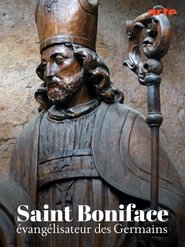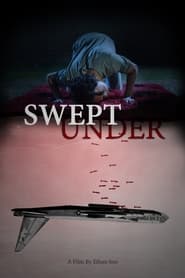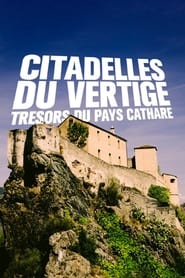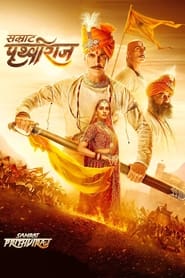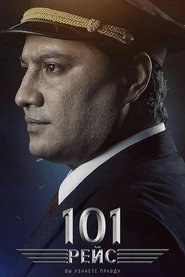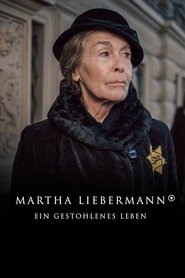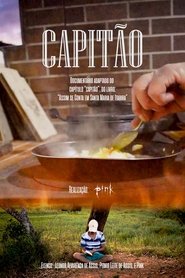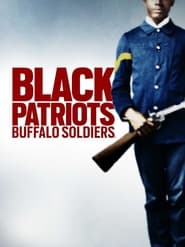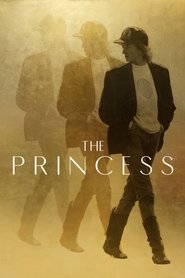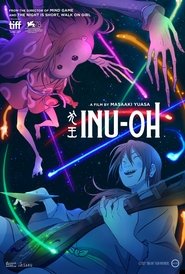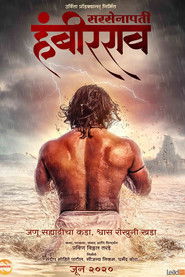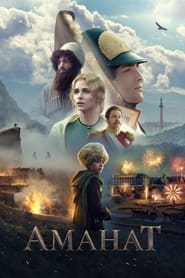New History Movies on Pantaflix - Page 144
-
Copyright Comedies and More
2022
A compilation of thirteen rare silent films digitized by the Library of Congress, selected for the 2022 Domitor conference theme “Copy/Rights and Early Cinema.” Drawn from nitrate and safety film, the program spans comedies, trick films, and dramas exploring censorship, invention, adaptation, and social rights. Titles include: Pruning the Movies (Nestor, 1914); Imperial Japanese Dance (Edison, 1894); Early Edison Camera Tests (Edison, c.1890s); Censorship and its Absurdities (Edison, 1915); In Wrong (Crystal, 1914, dir. Phillips Smalley); Tillie’s Tomato Surprise (Lubin, 1915, dir. Howell Hansell); Indian Land Grab (Champion, 1910); The Stolen Play (Falcon Features, 1917, dir. Harry Harvey); And the Villain Still Pursued Her (Vitagraph, 1906, dir. J. Stuart Blackton); The Doll’s Revenge (Hepworth, 1907, dir. Lewin Fitzhamon); The Disintegrated Convict (Vitagraph, 1907); The Mexican Joan of Arc (Kalem, 1911, dir. Kenean Buel); and Fads and Fashions of 1900 (U.S., 1940s). -
Years of Pilgrimage: The Wandering Soul of Franz Liszt / Fashionable Empire
2022
star 6YEARS OF PILGRIMAGE: Franz Liszt was a virtuoso pianist that took early nineteenth-century Europe by storm. He conquered the Parisian salons with passionate performances marked by excellent technique and handsome features that became the downfall of many women. But what was he truly after? The musical narrates the story of Liszt's early years, and his pilgrimage across Europe in an attempt to find a place where his soul could belong, focusing on the romance with the Countess Marie d'Agoult, and his greatest friend and rival, Chopin. FASHIONABLE EMPIRE: A revue that transforms the stage into the "Empire" where the pioneering fashionistas of our time gather. The stylish array of scenes will enchant the audience, at times with the cool atmosphere, and at times with the hot beats. While focusing on the sophisticated and metropolitan appeal of top star Yuzuka Rei this revue also shows off the unique, scintillating members of Flower Troupe through many groovy scenes. -
Love's Bitter Mystery
2022
How does a young nobody become the most lionized author of the twentieth century? Filmed in the stately setting of the spookily atmospheric Victorian mansion Villa Alba, our brand new play features love, death, sex and violence…and the two powerful women who made James Joyce. -
Swept Under
2022
Swept Under
2022
star 5.5After receiving a housewarming rug from his sister, a Cambodian adoptee discovers a dark history hidden underneath its surface. -
Murder at City Hall: The Assassination of Mayor George Moscone and Supervisor Harvey Milk
2022
On November 27, 1978 San Francisco Mayor George Moscone and Supervisor Harvey Milk were killed by their colleague, Supervisor Dan White. The murder tore San Francisco's political scene apart and made people question whether junk food, Twinkies, could drive someone to murder. -
Samrat Prithviraj
2022
Samrat Prithviraj
2022
star 6.6The true story of legendary Hindu warrior king "Prithviraj Chauhan" including his early military successes, love story with Sanyogita & clashes with Muhammad of Ghor, a ruler of the Ghurid dynasty who led the foundation of Muslim rule in the Indian subcontinent. -
Major
2022
Major
2022
star 7This biopic follows the life of Indian Army officer Major Sandeep Unnikrishnan, from his childhood to his heroic actions during the 2008 Mumbai attacks. -
Winter War: The Soviet Invasion of Finland
2022
Heavily outnumbered Finnish forces put up a fierce fight against the invading Soviet army during the brutally cold winter of 1939. -
101 Flight
2022
101 Flight
2022
star 5In the early morning of September 11, 2001, a Boeing 757 aircraft belonging to Uzbekistan Airways takes off from the Uzbek capital Tashkent. This is the final flight of experienced pilot Zarif Saidazimov prior to retirement. 101-Flight is in transit through London Birmingham International Airport to John F Kennedy International Airport in New York. -
Martha Liebermann
2022
Martha Liebermann
2022
star 6.5Berlin, 1943, during World War II. Martha Liebermann, an elderly upper-class Jewish woman, faces the decision of her life: should the widow of the world-famous and revered painter Max Liebermann continue to try to obtain an exit permit from the Nazis or, with the help of a resistance group, should she flee to Switzerland? -
Black Patriots: Buffalo Soldiers
2022
As the United States recovered from the bloody aftermath of the Civil War, Congress passed the Reorganization Act in 1866, that created the first-ever all-Black peacetime regiments. These six regiments would be reduced to four – the 9th and 10th Cavalry and the 24th and 25th Infantry – and soon earn the moniker Buffalo Soldiers. Although they never received the true and full recognition they deserved, Black Patriots: Buffalo Soldiers, will tell their remarkable story of their valor, bravery, and service. From the complicated skirmishes in the Southwest against Native Americans to the heroic battles on foreign soil to the ongoing fight to be treated as first-class citizens, the Buffalo Soldiers served with pride, dignity, and belief in defending a free America. -
The Princess
2022
The Princess
2022
star 6.4Decades after her untimely death, Princess Diana continues to evoke mystery, glamour, and the quintessential modern fairy tale gone wrong. As a symbol of both the widening fissures weakening the British monarchy and the destructive machinery of the press, the Princess of Wales navigated an unparalleled rise to fame and the corrosive challenges that came alongside it. Crafted entirely from immersive archival footage and free from the distraction of retrospective voices, this hypnotic and audaciously revealing documentary takes a distinctive formal approach, allowing the story of the People’s Princess to unfold before us like never before. -
Inu-Oh
2022
Inu-Oh
2022
star 7.2A cursed dancer and a blind musician — both ostracized by society — become business partners and inseparable friends as their larger-than-life concerts propel them to stardom in 14th century Japan. -
Sarsenapati Hambirrao
2022
star 5Based on the Maratha warrior Hansaji Mohite who was later given the title of Sarnobat Hambirrao, the film portrays his life as the Commander in Chief of Chatrapati Shivaji Maharaj's army. -
Amanat
2022
Amanat
2022
star 7The love story of the son of Imam Shamil Jamalutdin and Lisa Olenina against the backdrop of the dramatic events of the military history of Russia in the first half of the 19th century. Jamalutdin went down in history as a "great hostage", and the film is an attempt to answer the question: a hostage of big politics or big love. The historical context of the decline of the Nikolaev era, against which the story of love and betrayal, honor and duty, service to the motherland and loyalty to this word unfolds, will become the key to the film. -
Fotografové smrti
2022
Fotografové smrti
2022
 Netflix
Netflix
 Amazon Prime Video
Amazon Prime Video
 Apple iTunes
Apple iTunes
 Apple TV Plus
Apple TV Plus
 Disney Plus
Disney Plus
 Google Play Movies
Google Play Movies
 Paramount Plus
Paramount Plus
 Hulu
Hulu
 HBO Max
HBO Max
 YouTube
YouTube
 fuboTV
fuboTV
 Peacock
Peacock
 Peacock Premium
Peacock Premium
 Amazon Video
Amazon Video
 The Roku Channel
The Roku Channel
 AMC+
AMC+
 Kocowa
Kocowa
 Hoopla
Hoopla
 The CW
The CW
 Vudu
Vudu
 Starz
Starz
 Showtime
Showtime
 PBS
PBS
 Pantaflix
Pantaflix
 FXNow
FXNow
 Tubi TV
Tubi TV
 Kanopy
Kanopy
 Comedy Central
Comedy Central
 Crunchyroll
Crunchyroll
 Microsoft Store
Microsoft Store
 Redbox
Redbox
 Sun Nxt
Sun Nxt
 ABC
ABC
 DIRECTV
DIRECTV
 Crackle
Crackle
 Fandor
Fandor
 Plex
Plex

